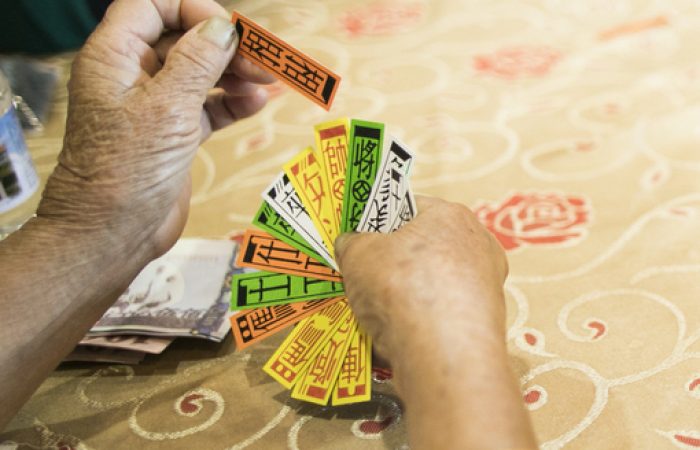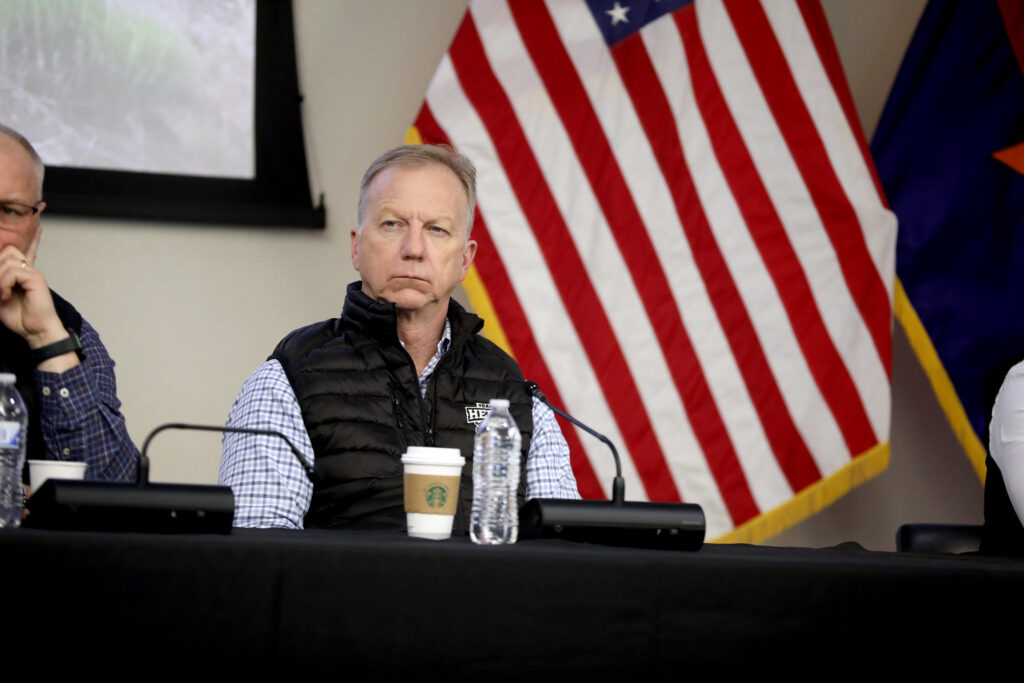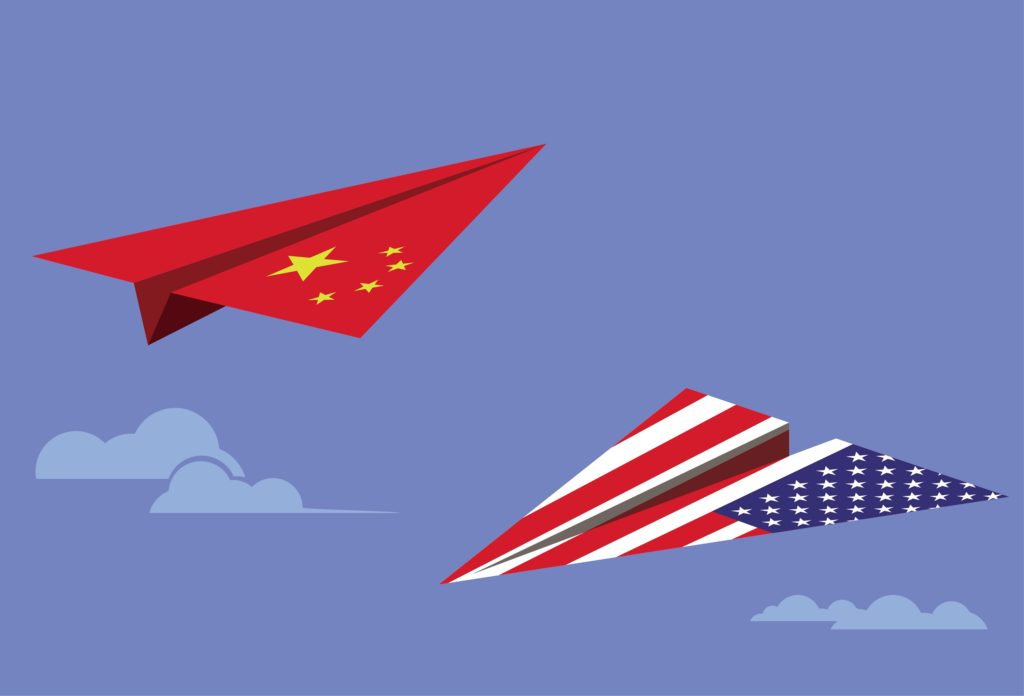Chinese Foreign Minister Wang Yi recently concluded a visit to Southeast Asia on the heels of US Vice President Kamala Harris’s trip to the region, including high-level meetings in Hanoi for both. Harris is the first sitting US Vice President to visit Vietnam. Wang’s objectives were to help maintain Vietnam’s official neutrality and reinforce the shared ideological perspectives of the two countries while also giving the appearance of a unified view towards resolving territorial disputes by suggesting that neither country should unilaterally escalate tensions. In line with a broader Chinese effort to wedge US alliances in the region (and US efforts to stoke concern in China by wooing its neighbors), while Vietnam is not a US ally, maintaining the status quo of Vietnamese neutrality is a crucial strategic objective for China.
The US has sent several high-level delegations to Vietnam over the past three presidential administrations in a clear sign of courtship and desire to strengthen economic and security ties (US Secretary of Defense Lloyd Austin also visited the country in July). Security ties between the two countries have only increased since the Obama administration lifted the decades-old ban on arms sales in 2016. As a result, the US has been selling military hardware to Vietnam in recent years. During her visit, Harris also expressed support for sending Vietnam an additional US Coast Guard cutter with the fist being transferred in 2017.
These and other developments are worrisome to China. Prior to Harris’s meeting with Vietnamese Prime Minister Pham Minh Chinh, the latter met with Chinese Ambassador to Vietnam Xiong Bo to reportedly offer reassurance that “Vietnam will not side against China.” That China needs such reassurance is telling, and the language is ambiguous in the face of the facts on the ground.
First, Vietnam is in a longstanding territorial and maritime dispute in the South China Sea (called the “East Sea” in Vietnam) which involves several states including China. To not “side” against China in this matter is a straightforward non-factual: Vietnam persists in their territorial claims, which come into zero-sum conflict with those of China. However, Vietnam has done not much more than watch as China does little to adhere to the international ruling on the South China Sea. Tensions are high with coast guard, law enforcement and militia activity in addition to naval maneuvers from several claimants. Violent clashes between various parties have occurred with attendant accusations of illegal incursions and fishing with subsequent detainments of respective foreign nationals. China has also constructed artificial islands in the disputed maritime region which, in Vietnam’s view, are for military in addition to civilian purposes and ramped up its naval presence and capabilities. Vietnam, for its part, is unable or unwilling to decisively bring attention to these issues in a way that may provoke China, preferring multilateral diplomatic efforts and appeals to international law. China’s territorial claims would appear to be unacceptable to Vietnam from a national security perspective as the so-called nine dash line would effectively cut Vietnam off from waters immediately adjacent to its coast.
Second, Harris’s trip brought with it the increasing sentiment in Washington to upgrade the US-Vietnam relationship to from a comprehensive partnership to a strategic partnership, a move that would likely upset Beijing. Vietnam is also reportedly interested in such an upgrade of diplomatic relations but walks a fine line. China and Vietnam already have comprehensive strategic partnership status; thus, elevating relations with the US to an equivalent or near-equivalent level would likely be seen as antagonistic. Given the long history, shared culture and similar political systems, China regards the relationship with Vietnam to be uniquely “comradely” and “brotherly.” For the US to be seen to encroach on that would cause tension not only geopolitically but also symbolically. (As a point of historical context, China felt betrayed by Vietnam on similar grounds when the latter sided with the USSR after the Sino-Soviet Split, culminating years later in the 1979 Chinese invasion).
Third, Harris offered stern language on the topic of China ahead of her trip to Hanoi during the immediately preceding stop in Singapore, calling out China for what the Biden administration has termed coercive and intimidating behavior (which is in line with that of the preceding US presidential administration, despite appearances). Vietnam likely agrees given the aforementioned geostrategic reality and has not said anything to contradict US rhetoric on this point.
Fourth, the Vietnamese public at large, as well as a significant faction within the Vietnamese government, view China as an existential and permanent threat. This is due to the long and bloody history between the two countries in addition to today’s status quo. Notably, China’s most recent hot war was against Vietnam in 1979 to oppose the latter’s invasion of neighboring Cambodia – a key Chinese regional ally – and toppling of the Khmer Rouge government. Deng Xiaoping remarked that he intended to “teach Vietnam a lesson,” and one of China’s goals was to demonstrate that larger powers, despite assurances, are not likely to intervene on Vietnam’s behalf. Vietnamese leadership is cognizant and sensitive to the notion that China could potentially attack if they are seen to undermine Chinese security and core interests, despite that possibility seeming remote. It is noteworthy that Vietnam’s military is regarded as one of if not the most formidable in Southeast Asia. In addition to acquiring American weaponry in recent years, Vietnam is also diversifying their arsenal in other ways. Traditionally dependent on arms from Russia, Vietnam linked a defense technology sharing agreement with Japan earlier this month that is set to provide them with Japanese-made warships and elevates that bilateral relationship with a traditional Chinese foe to a new level.
On the flip side, Vietnam has several reasons to want to forestall conflict with China and ameliorate deteriorating relations between China and the US.
Conflict with China would be devastating to the Vietnamese economy. China is Vietnam’s top trade partner, and while the balance has been shifting in recent years in that respect with a manufacturing exodus out of China and into Vietnam (among other countries), Chinese economic leverage over the bilateral relationship looms large, including in crucial sectors. Vietnam, for its part, has worked hard in recent years to attract foreign investment, diversify its economy and wean itself off economic dependence on China, though that effort has a long way to go. Evidence of its progress, however, is that the US is now Vietnam’s third-largest trade partner with foreign direct investment from the EU, South Korea and Japan increasing annually. Vietnam also enjoys a robust economic relationship with Taiwan.
Multilateralism is a cornerstone of Vietnamese foreign policy. The country maintains a defensive posture with respect to national security with emphasis on deterrence and capabilities to deny potential adversaries control over territorial waters and airspace. The most comforting aspect for China is that Vietnamese foreign policy adheres to the “four no’s,” principle, i.e., no military alliances, no affiliation with one country to counteract another, no foreign military bases in Vietnamese territory and no force or threatening to use force in international relations. With respect to potential Vietnamese realignment with the US, this long-standing post-Cold War foreign policy philosophy is unlikely to change. The Chinese diplomatic mission following Harris’s visit partially was to underscore the importance of perpetuating Vietnam’s stated neutral and peaceful foreign policy.
The Chinese-Vietnamese bilateral relationship is a unique one. On the one hand, Vietnam makes a point to appear magnanimous and cooperative in its dealings with China, on the other it occasionally maneuvers in ways that are plainly antagonistic. The face-saving gestures of Vietnamese diplomacy with respect to China have a long history, as speaking bluntly to the larger power would often not be “brotherly.” It is fair to say that the bilateral relationship operates in a foundationally Confucian manner, with Vietnam playing the role of the subservient younger brother. The realities of global geopolitics force Vietnam to operate duplicitously in a sense by acting graciously to China’s face but playing standard realpolitik in all other respects. This is particularly true as the US charm offensive continues to pick up steam.
Both the US and Vietnam have misgivings about upgrading their bilateral relationship. The former has possibly prohibitive human rights concerns with respect to Vietnam’s one-party authoritarian political system that limits dissent and freedom of speech. Vietnam is naturally concerned that embracing the US too much will antagonize China in a way that could be threatening from both economic and security perspectives. What is clear, however, is that Vietnam is a lynchpin in the ongoing US-China rivalry. Neither side is supremely confident as to what Vietnam will do given that Vietnam’s priority is to strike a balance. But as economic and security ties with the US increase along with the antagonism that comes with maritime disputes and security concerns with China, Vietnam is effectively a wildcard to be played with unpredictable effects amid the rivalry.




